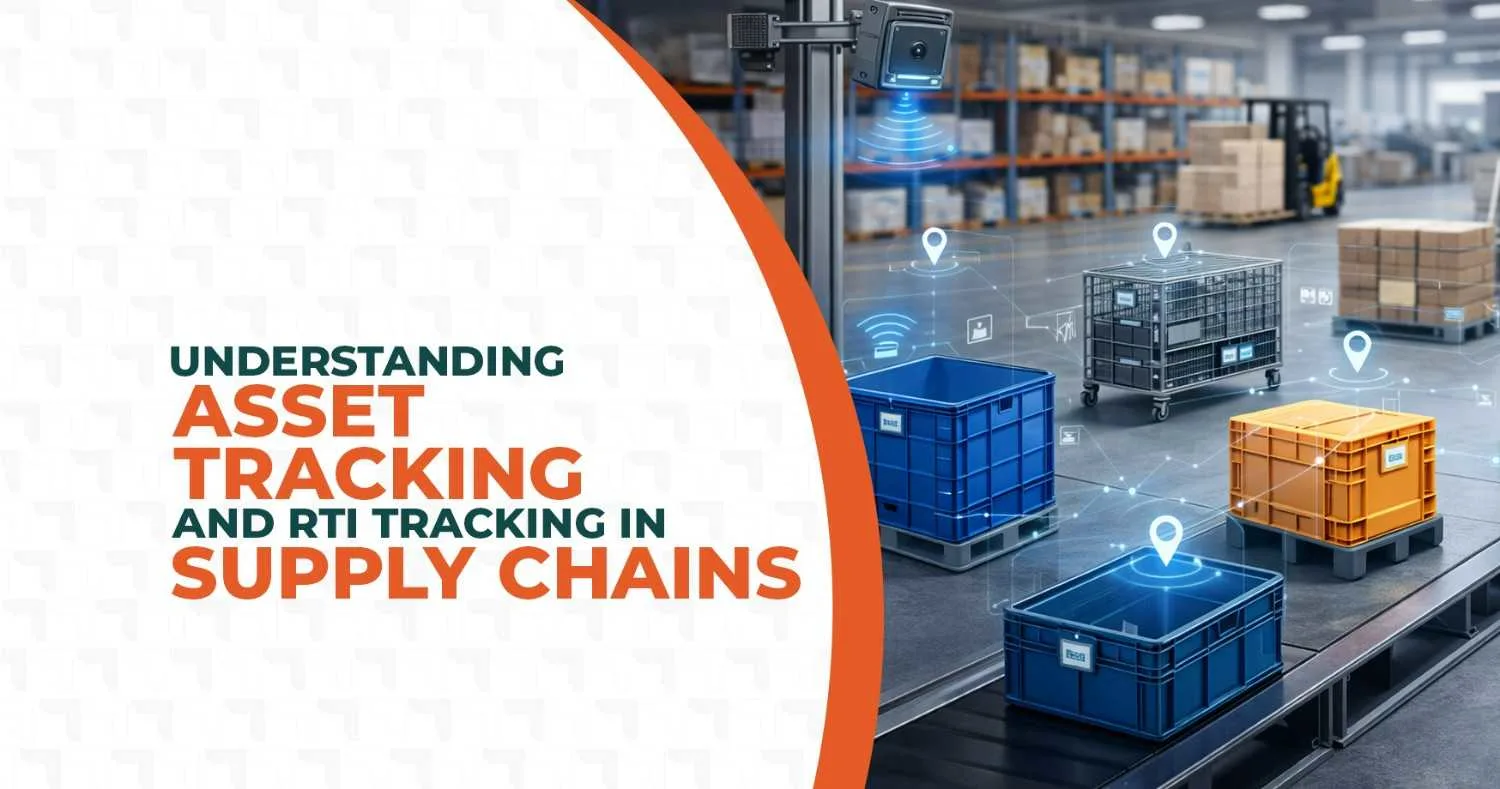
Effective Supply Chain Management: A Comprehensive Guide (SCM)?
SCM is the beating heart of operational efficiency, propelling organizations toward success. It allows companies to soar above their competition, delight customers, and conquer new markets. From the sourcing of raw materials to the final delivery, SCM involves synchronized processes, ensuring smooth operations and optimal resource utilization. At its core, SCM is a delicate balance of art and science. It requires visionary planning, strategic coordination, and the relentless pursuit of excellence. It's about finding the most efficient routes, harmonizing production cycles, and optimizing's inventory levels to meet the ever-changing demands of customers. Let’s explore in detail the processes, use cases, and benefits of SCM in detail.
Different Processes of SCM (Supply Chain Management)
1. Planning:
This involves managing and planning all the necessary resources to meet customer demand. Metrics are established to measure the efficiency, effectiveness, and value delivery of the supply chain.
2. Sourcing:
Suppliers are selected to provide the goods and services needed for production. Processes are established to monitor and manage supplier relationships, including ordering, receiving, inventory management, and payment authorization.
3. Manufacturing:
Activities are organized to accept raw materials, manufacture the product, conduct quality testing, package it for shipping, and schedule delivery.
4. Delivery and Logistics:
Customer orders are coordinated, deliveries are scheduled, loads are dispatched, and customers are invoiced and receive payments.
5. Reverse Logistics:
A network or process is established to handle defective, excess, or unwanted products.
Why is it important to have an efficient SCM?
Efficient supply chain management is crucial for several reasons:
1. Cost Reduction:
Efficient supply chain management helps minimise costs throughout the production and logistics cycles, reducing waste and optimising resources.
2. Enhanced Customer Service:
Companies can ensure the timely and accurate delivery as well as consistent quality of products, which positively impacts customer service.
3. Competitive Advantage:
Faster response times, shorter lead times, and improved product availability can give a viable market advantage to firms that endorse effective supply chains.
4. Risk Mitigation:
Companies can identify and mitigate risks associated with disruptions, such as supplier issues, transportation delays, and more.
Key features of effective supply chain management
1. Connectivity:
Accessing and utilising data from various sources, including sensors, manufacturing and warehouse management systems, and traditional ERPs.
2. Collaboration:
Enhancing collaboration with suppliers through cloud-based commerce networks for multi-enterprise engagement.
3. Cybersecurity:
Ensuring the security of supply chain systems and protecting against cyber threats.
4. Cognitive Enablement:
Leveraging AI and automation to facilitate decision-making, optimise processes, and enable self-learning capabilities.
5. Comprehensive Analytics:
Using real-time data and advanced analytics to gain comprehensive insights and make data-driven decisions.
Use Cases of Efficient Supply Chain Management
1. Demand Forecasting
Using historical data and market trends to predict future demand and optimise inventory levels.
2. Inventory Management
Implementing efficient systems and processes to track, control, and optimise inventory levels to meet customer demand while minimizing holding costs.
3. Supplier Relationship Management
Having an efficient supplier management system ensures timely delivery, quality control, and collaborative innovation.
4. Logistics Optimization
Optimizing's transportation routes, modes, and schedules to reduce costs and improve delivery efficiency.
5. Sustainability and Ethical Practices
Incorporating environmentally sustainable practices and ethical sourcing into the supply chain to meet consumer demands and regulatory requirements. The evolution of supply chain management has seen a shift from a focus on physical assets to the management of data, services, asset tracking, and solutions like an inventory management system and a warehouse management system. Modern supply chains rely on extensive data analysis and curated insights to improve product quality, delivery, customer experience, and profitability. The future of supply chain management involves optimising the usefulness of data through real-time analysis and minimising latency.
How Bar Code India’s Supply Chain Control Tower Can Help You Make a Difference?
Gain a competitive edge and drive transformation in your supply chain with Bar Code India's cutting-edge Supply Chain Control Tower solution. Designed to provide a holistic and detailed view of your operations, BCI’s portfolio of asset tracking, manufacturing operations management, inventory management system, and WMS solutions improves the overall efficiency and quality of operations across the supply chain, while the Supply Chain Control Tower extracts and empowers you with end-to-end visibility and actionable insights through intuitive dashboards and reports. With the ability to collate both historic and real-time data, our Control Tower allows you to uncover hidden trends, spot patterns, and measure performance, enabling informed decision-making, optimizing's asset utilization, and driving operational efficiency.



